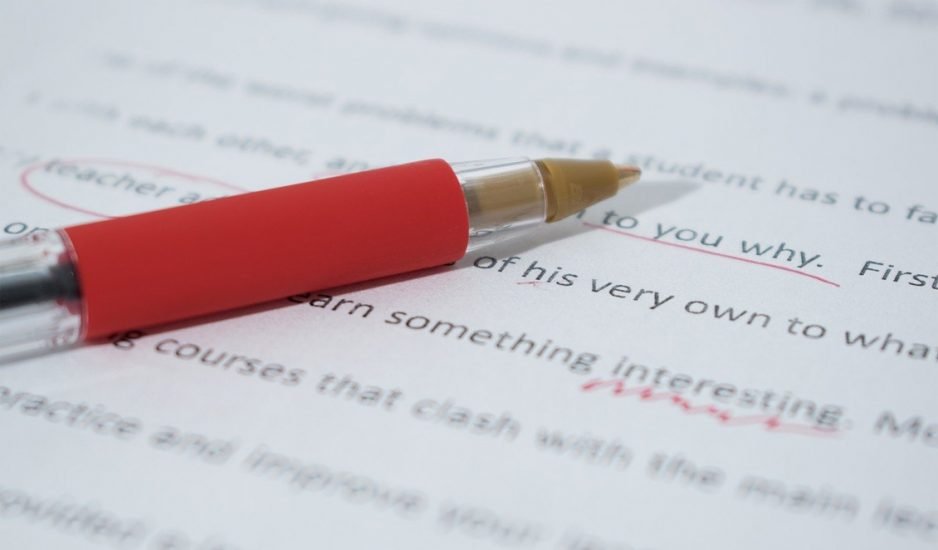Dangling participles have, in my opinion, at least two major claims to infamy.
First, the phrase is by far the funniest in the writing and editing rulebook. Whenever I hear or read it, I want to say, “Don’t look now, but your participles are dangling.” Second, dangling participles are perhaps the most common grammatical error I come across in editing.
To illustrate the dangling participle, here’s an example of a participle in a sentence:
Picking up his fountain pen, Albert began to scribble down every idea that came to mind.
The participle, in this example, is picking up. Since Albert is doing the picking up, the noun Albert is the modifier. The participle and the modifier match perfectly: Albert picked up the fountain pen. When they don’t match, we call it a dangling participle. Here’s a similar sentence with the participle left dangling:
Picking up his fountain pen, the ideas flowed onto Albert’s paper.
The sentence is botched because the participle (picking up) doesn’t match the modifier (the ideas). The ideas didn’t pick up the pen; Albert did. Here’s another incorrect example:
Sitting down, the chair felt warm and comfortable under Agatha.
The chair is not sitting down; she is. Here it is corrected:
Sitting down, Agatha found the chair warm and comfortable.
It’s not just participles that dangle. Any modifier can be left dangling. For example:
At the age of 10, the movie came to a theatre near my house.
Since it was I, not the movie, that was aged 10, a correct sentence would be:
At the age of 10, I saw the movie at a theatre near my house.
Or:
When I was 10, the movie came to a theatre near my house.
As I edit, I usually correct dangling modifiers quite discreetly to save the writer embarrassment from an error that’s the literary equivalent of going out with your flies undone.
For more on things that dangle and assorted other principles of good grammar, see A Student’s Introduction to English Grammar, by Rodney Huddlestone and Geoffrey K Pullum. I recommend it, along with just about anything by Geoff Pullum.


